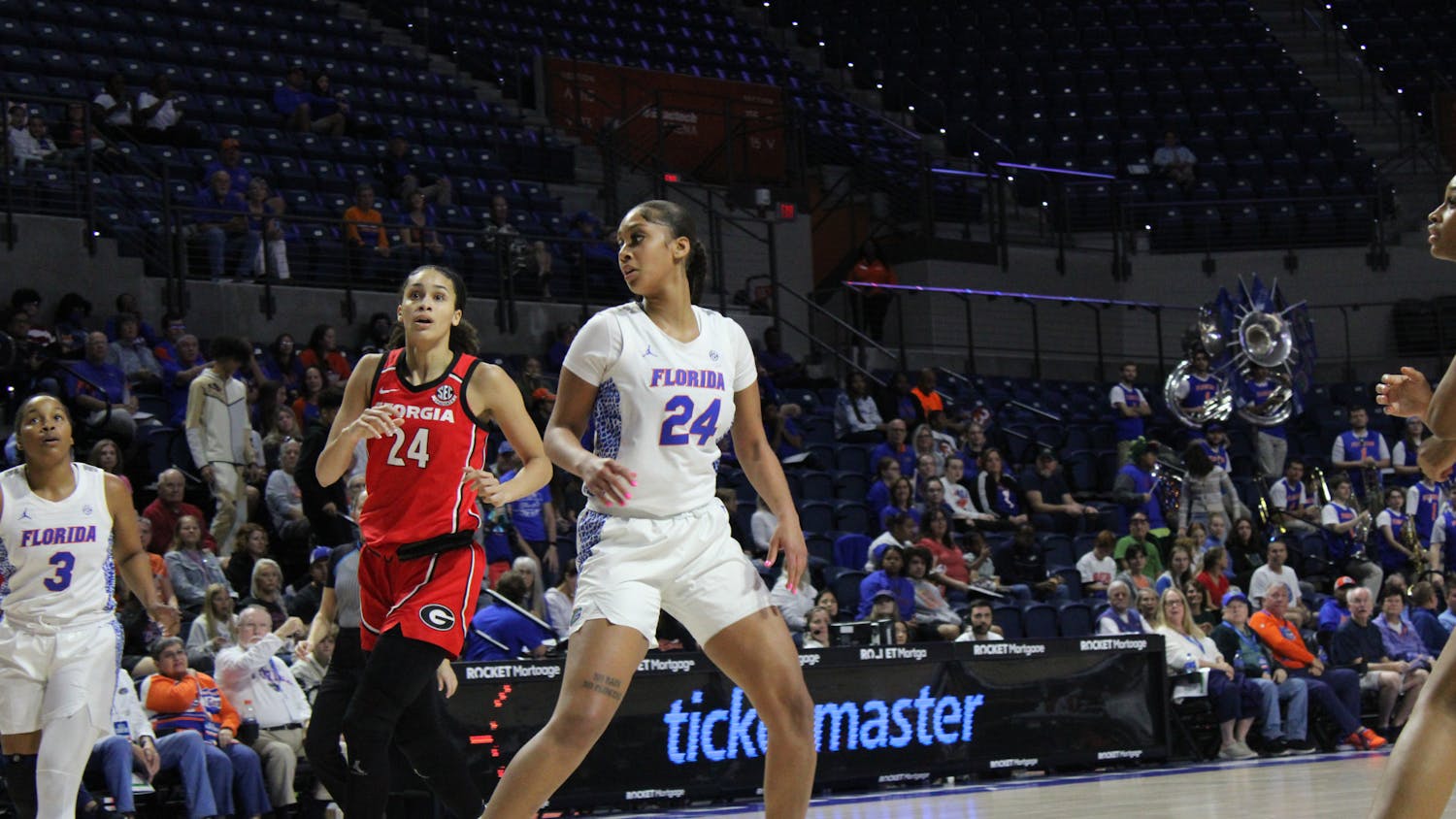This past weekend saw the culmination of Art Basel, the weeklong centerpiece to Miami Art Week. All over the city, from Wynwood to South Beach, Miami residents and out-of-towners milled about, hoping to experience as much "culture" (depending on one’s definition of culture) as they could fit into a week.
In the eyes of many, Art Basel represents the height of such culture — from street vendors and art galleries to famous musicians and secret shows, one would be hard-pressed to leave Art Basel without at least one insane tale of debauchery.
But as anyone who has ever been to Miami — much less Art Basel — could tell you, there is one thing that claims dominion over all of the city’s proceedings: money. In the 21 years since the Wu-Tang Clan rapped "C.R.E.A.M." (Cash Rules Everything Around Me, for the uninformed), the influence of money over culture has become even more pronounced. Even in street culture, the influx of money has transformed and commodified several means of expression once thought unmarketable.
This is nothing new: One needs to look back no further than the ‘60s for a textbook example of how counterculture is co-opted. But as the wealth gap widens further, the relationship between art and money becomes more intertwined, and an education in the arts becomes a luxury. It is becoming apparent that a grave cultural threat is emerging: art becoming produced solely by the wealthy, for the wealthy.
This phenomenon is nothing new, nor is it restricted to Miami. As reported on in the Vice piece "No Money, No Space, No Time: How London Has Forced Out Musicians," the constantly climbing cost of living, combined with Draconian housing policies, has effectively rendered London — the city that gave the world David Bowie, The Clash and more — artistically neutered.
To those who would maintain otherwise, yes, the state of art in the U.K. does speak to our own issues here. In our global and interconnected world, it is impossible for the state of art in one cultural hub to not affect another. As far as Art Basel — and Miami by extension — was concerned, much of it was placed behind paywalls, both literal and implied. Invite-only events and secretive RSVPs proved to be the rule, rather than the exception.
We’re not naïve: Throwing large-scale events and compensating artists for their labor is an expensive proposition. With that said, art, being an important and necessary means of human expression, should not be considered an indulgence reserved solely for those with deep pockets. Furthermore, it is an injustice that only artists whose work is showcased in art galleries stocked with wine and cheese should be allowed to enjoy a degree of comfort. For the sake of our cultural health, art and capitalism should not — and cannot — become mutually exclusive.





